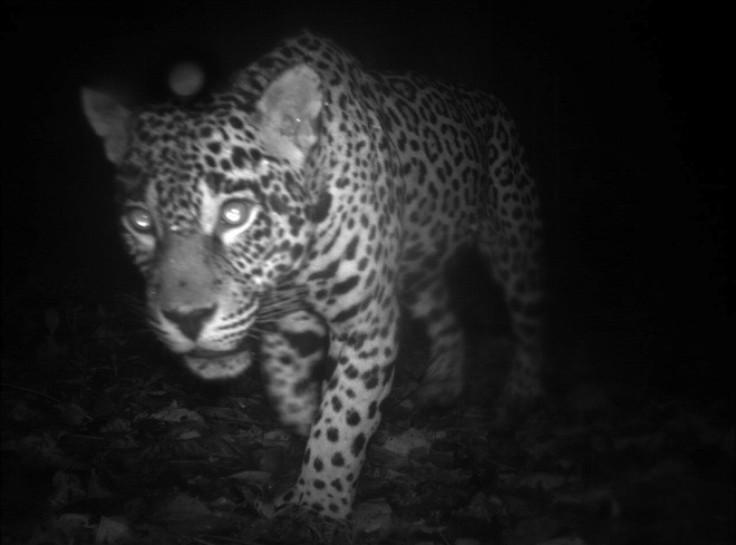How To Save Wild Animals From Extinction? Clone Them!

Brazilian zoologists plan to embark on a novel and unique program to save endangered species – they're going to clone them.
According to reports, scientists at the Brasilia zoo, who have already successfully cloned about 100 domestic horses and cows, now want to save eight species of wild animals – the jaguar, maned wolf, black lion tamarin monkey, bush dog, collared anteater, gray brocket deer, Brazilian aardvark and bison – from extinction by creating duplicates through genetic engineering.
The Daily Telegraph reported that most of these creatures are already on the “red list” of threatened species as compiled by the International Union for Conservation of Nature – meaning they are “near-threatened,” and not “critically endangered.”
For example, only 15,000 jaguars living in their natural habitat remain in the Americas
The program, which is expected to commence next month, is led by the Brasilia Zoological Garden in conjunction with EMBRAPA, Brazil's state agricultural research agency.
It is unclear how long each cloning process will take, but the rate of success is quite low, between 5 and 7 percent, according to researchers.
Once cloned, the animals will not be released into the wild unless the species are at risk of total extinction.
“The idea is to keep these animals in captivity,” Embrapa researcher Carlos Frederico Martins told the Inter Press Service.
“The use of clones would prevent the impact caused by the removal of [wild] animals from their natural setting.”
However, Scientific American noted that even if the cloning program is successful, “the animals would all be carbon copies of each other and therefore not useful for maintaining genetically varied populations—such diversity is key to a population’s resilience in the face of various diseases and predatory threats.”
The first mammal to be cloned from an adult cell was Dolly the sheep in Scotland in 1996.
© Copyright IBTimes 2024. All rights reserved.











